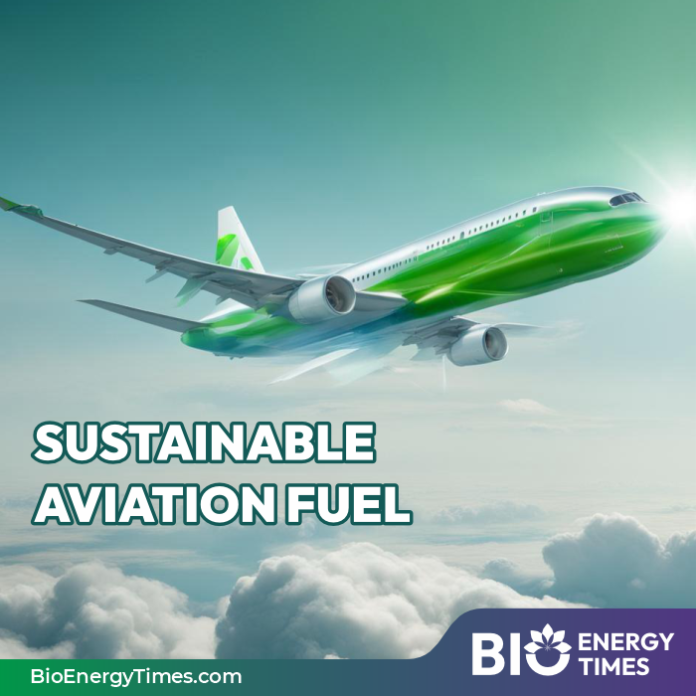Singapore and Australia have agreed to work together on sustainable aviation fuel (SAF), biofuels, and other clean energy initiatives under a new plan to deepen cooperation on net-zero, defence, and trade goals, reports Argus.
The announcement was made in Canberra on October 8 during the 10th Singapore-Australia Annual Leaders’ Meeting, where both countries unveiled an upgraded Comprehensive Strategic Partnership (CSP 2.0).
As part of the agreement, Singapore’s Ministry of Trade and Industry and Enterprise Singapore signed an initial deal with the state of Victoria to explore new opportunities in the clean energy sector. This includes collaboration on sustainable aviation fuel, zero-emission transport, renewable energy storage, hydrogen, and offshore wind power. The CSP 2.0 initiatives will be rolled out over the next decade.
Singapore’s biofuels sector is currently more advanced than Australia’s, being home to Neste’s 1 million tonnes per year SAF refinery, one of the largest in the world. Singapore also plans to introduce a SAF blending rule in 2026, requiring 1% SAF use on all departing flights, with a goal of raising this to 3–5% by 2030.
Australia, meanwhile, has strong biofuel feedstock production, especially from tallow, a key raw material for renewable fuel. Singapore imported 296,000 tonnes of Australian tallow in 2024. To support its own clean fuel ambitions, Australia has set up a A$1.1 billion (US$730 million) federal fund to help achieve its 2030 emissions reduction targets.
The two countries also finalised the Cross-Border Electricity Trade framework, developed in 2024 to strengthen regional electricity trade and energy security while supporting both nations’ net-zero goals. The framework could further enable Australia’s SunCable project, which aims to transmit solar power to Singapore through the Australia-Asia Power Link by 2035.
In addition, Singapore and Australia will jointly develop a standard for renewable energy certificates (RECs) to help industries in both countries meet their sustainability commitments.
















